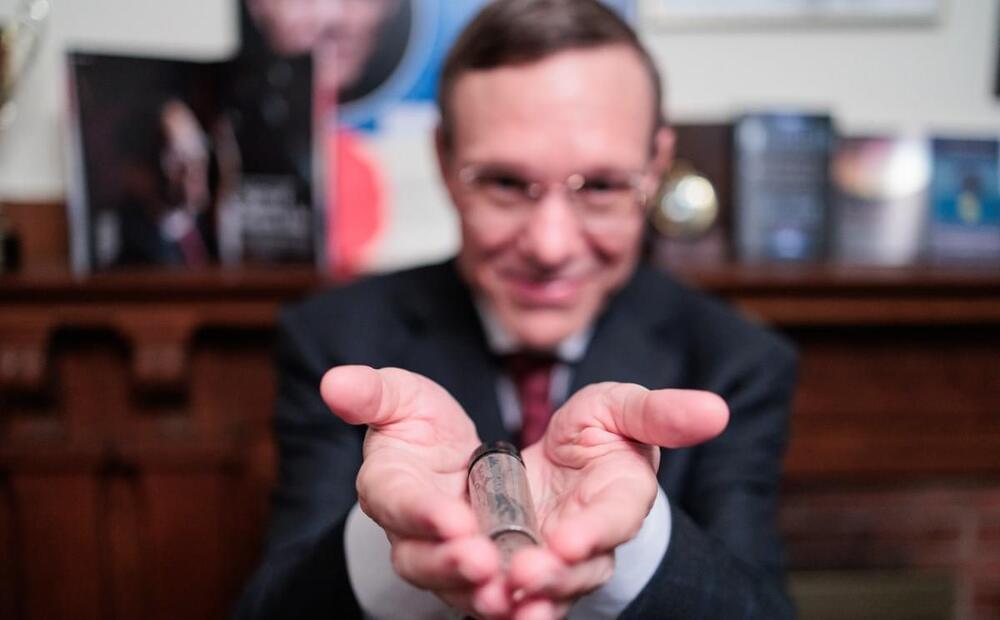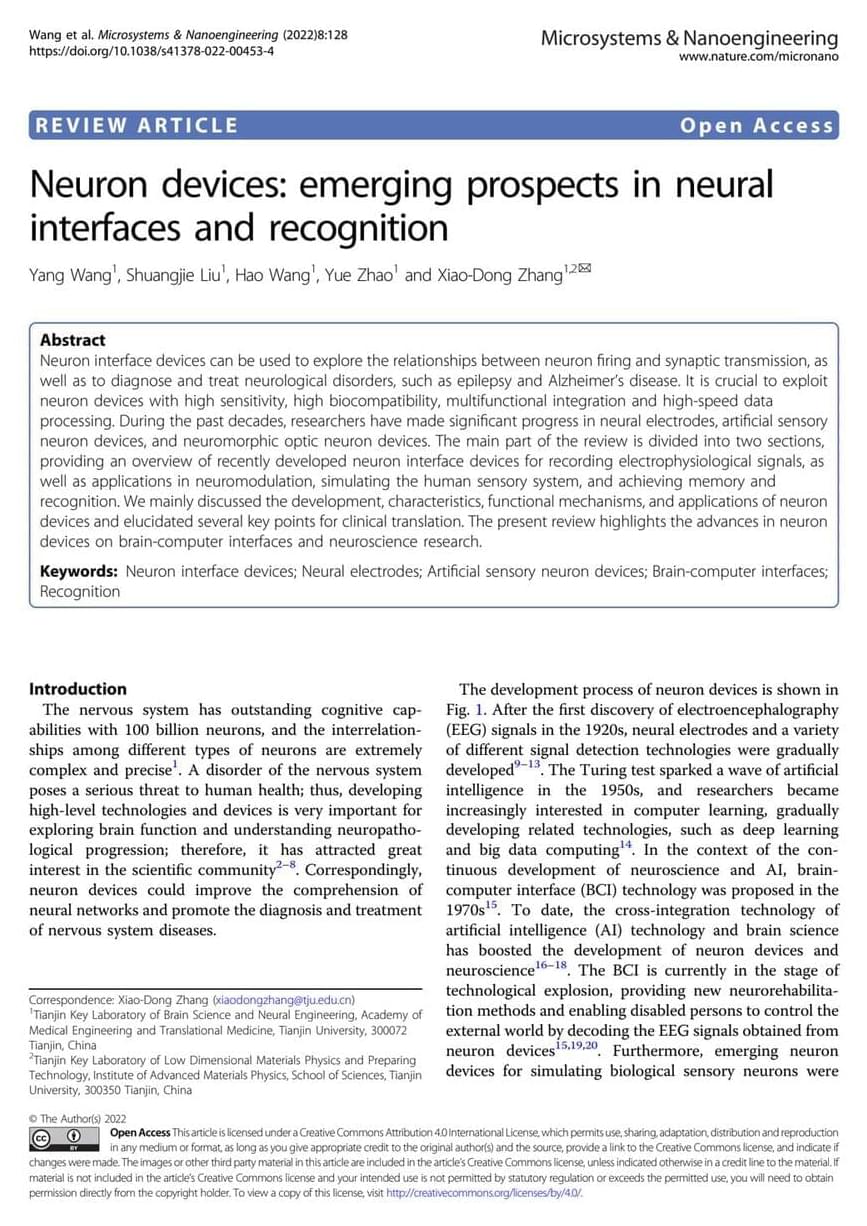When the meteor that Avi Loeb, director of the Institute for Theory and Computation at Harvard University calls IM1 streaked across the sky on 8 January 2014, it was nothing special.
Yes, at half a meter in diameter, it was big enough to put on a nice show for people on the ground, ending in a rapid series of explosions high in the atmosphere.
“There were some reports of flashes in the sky, and there was probably a boom, although I’ve never heard anyone say that,” says Loeb’s colleague, Rob McCallum of Cambridge, Massachusetts.







 עברית (Hebrew)
עברית (Hebrew)